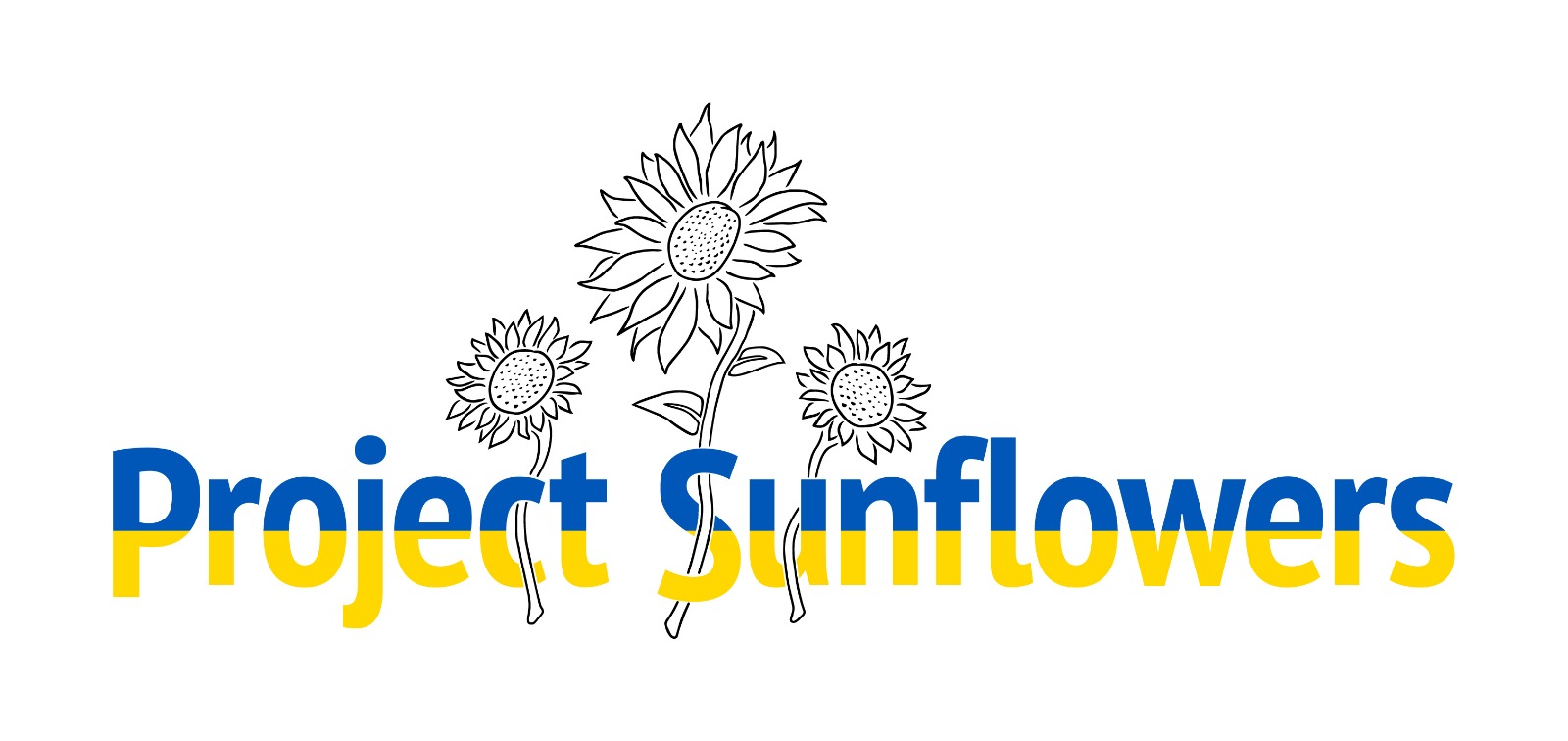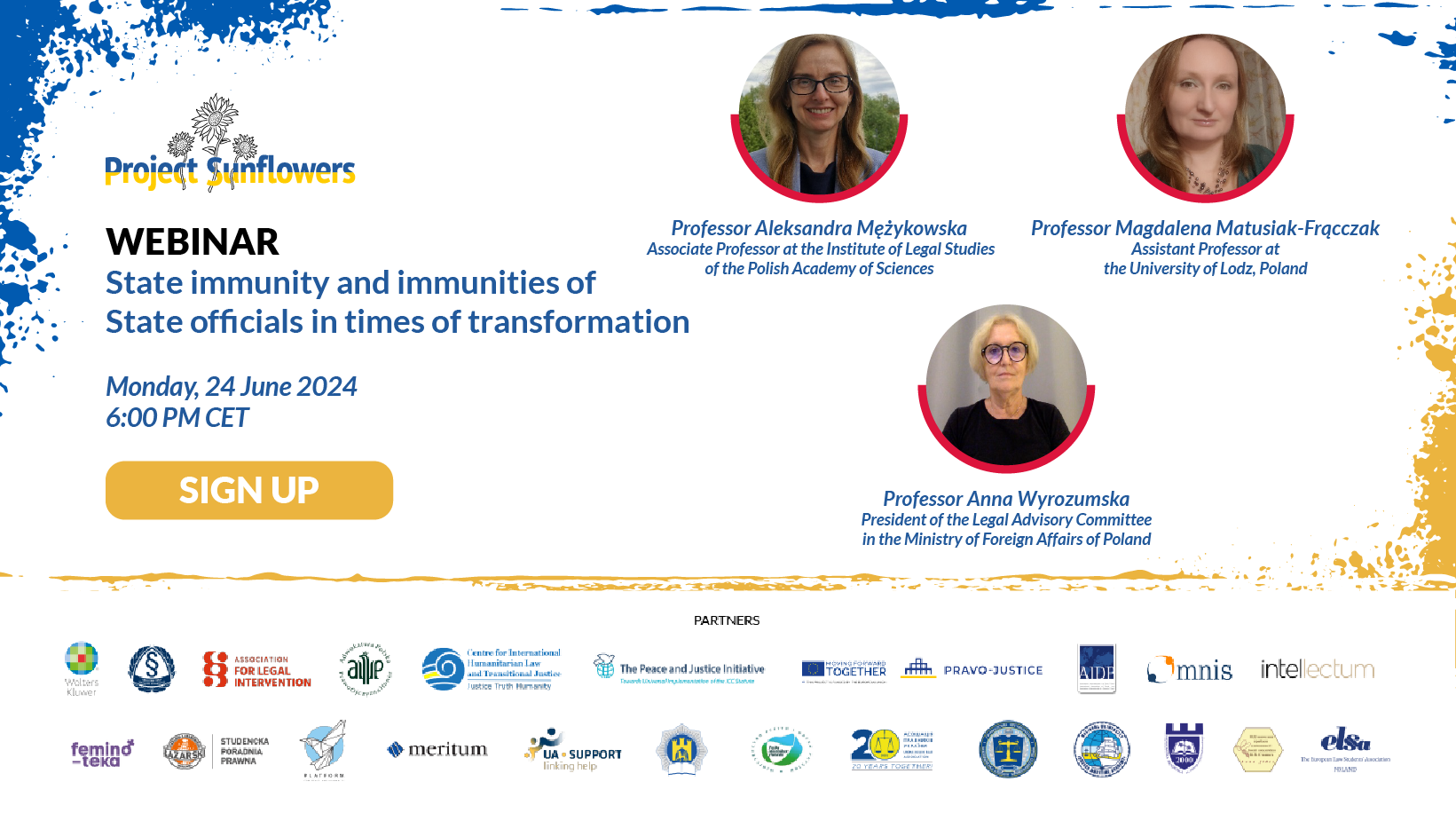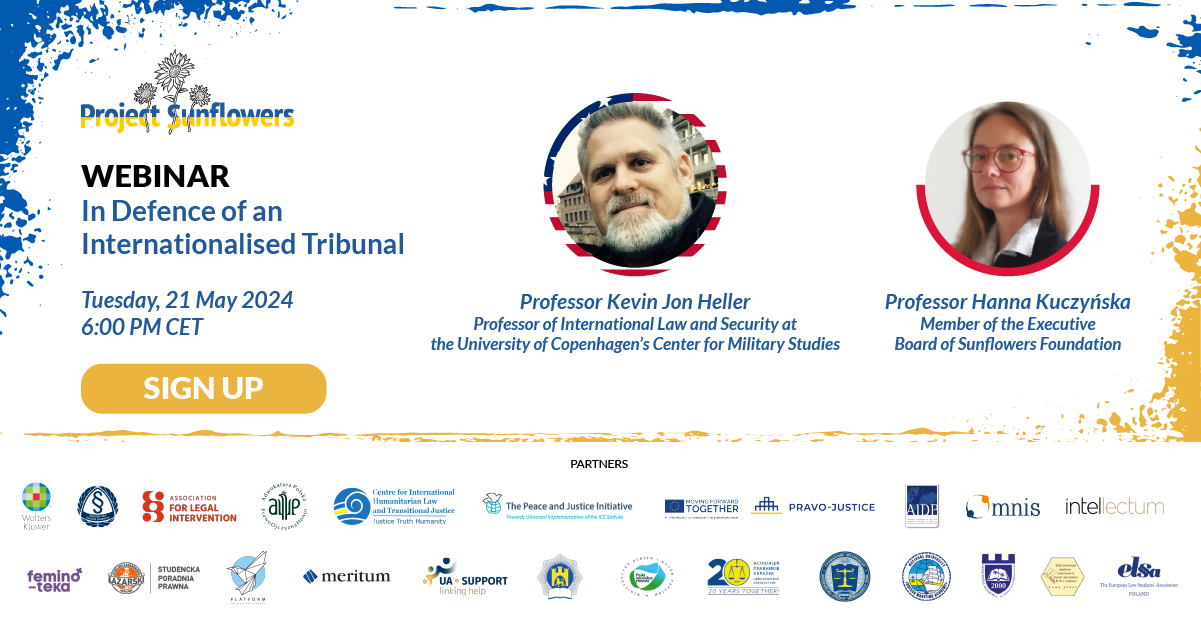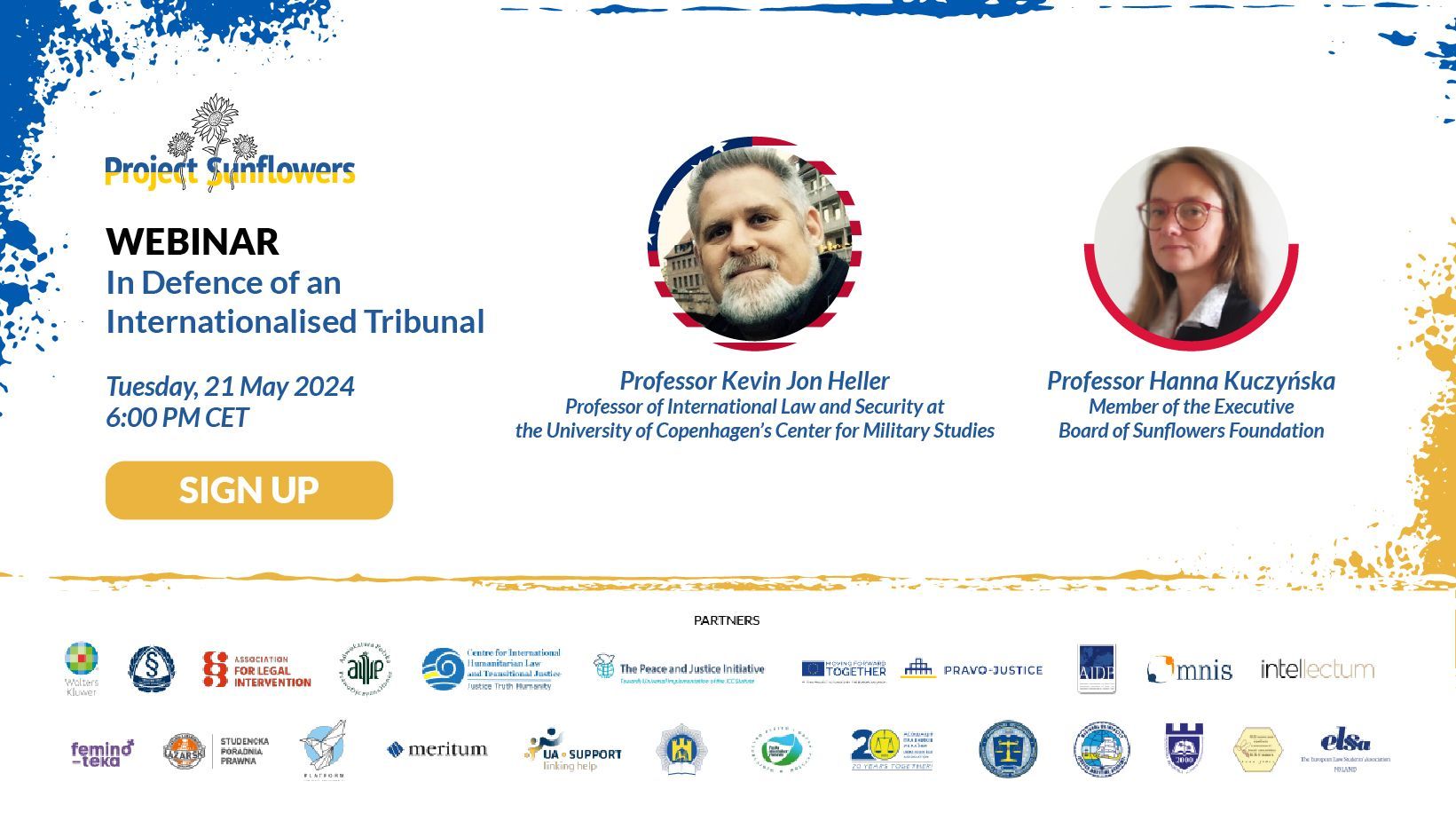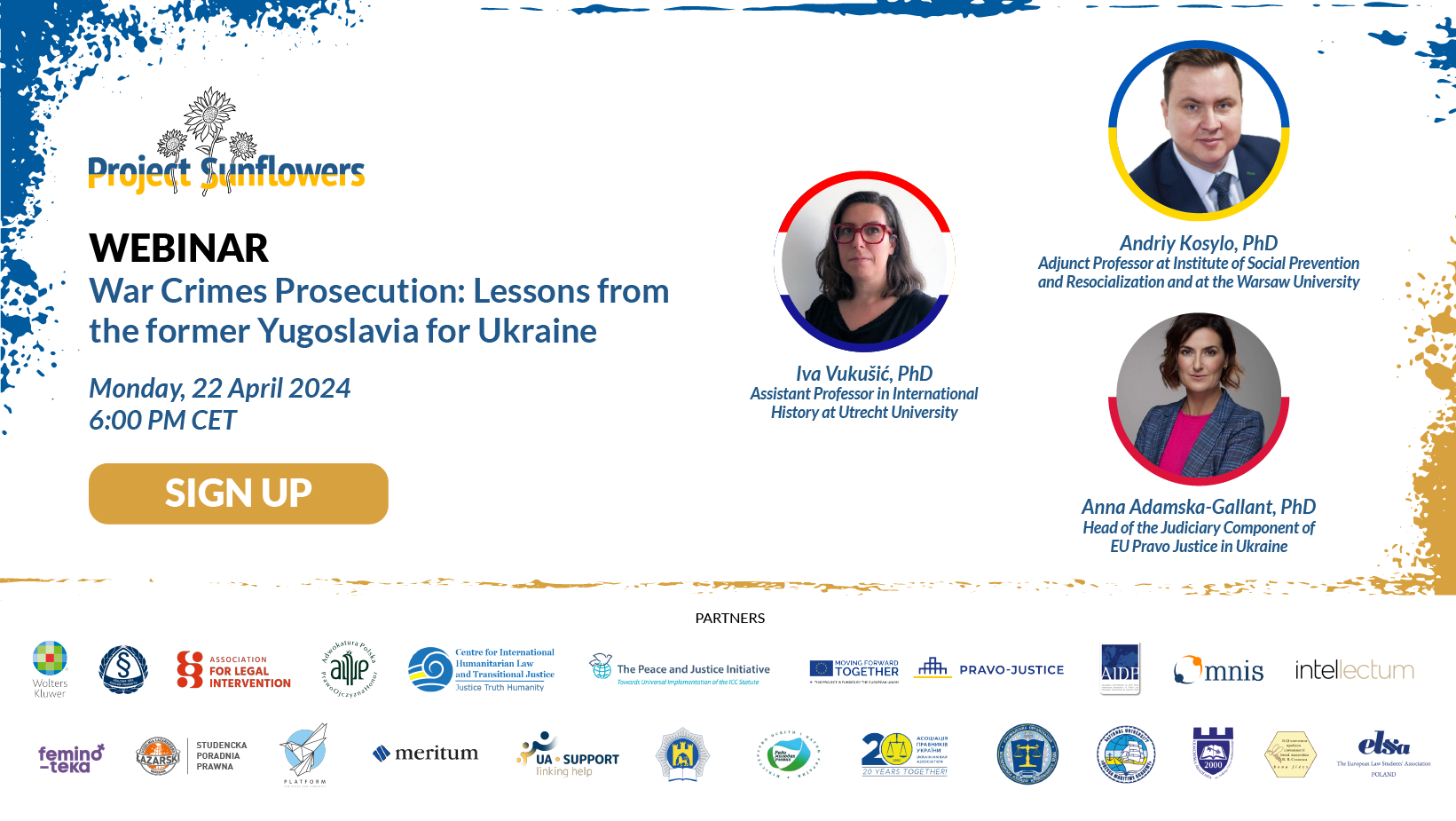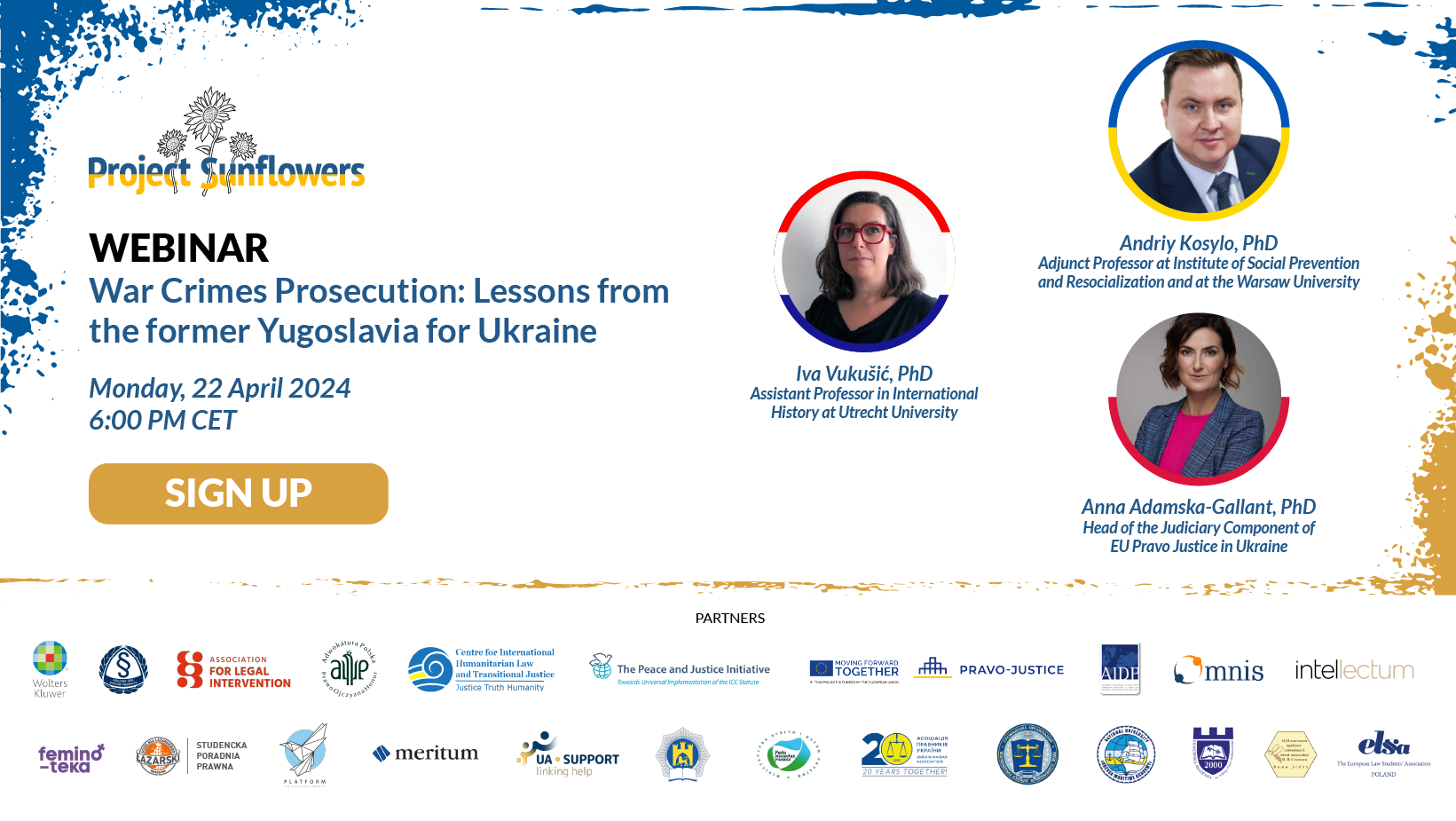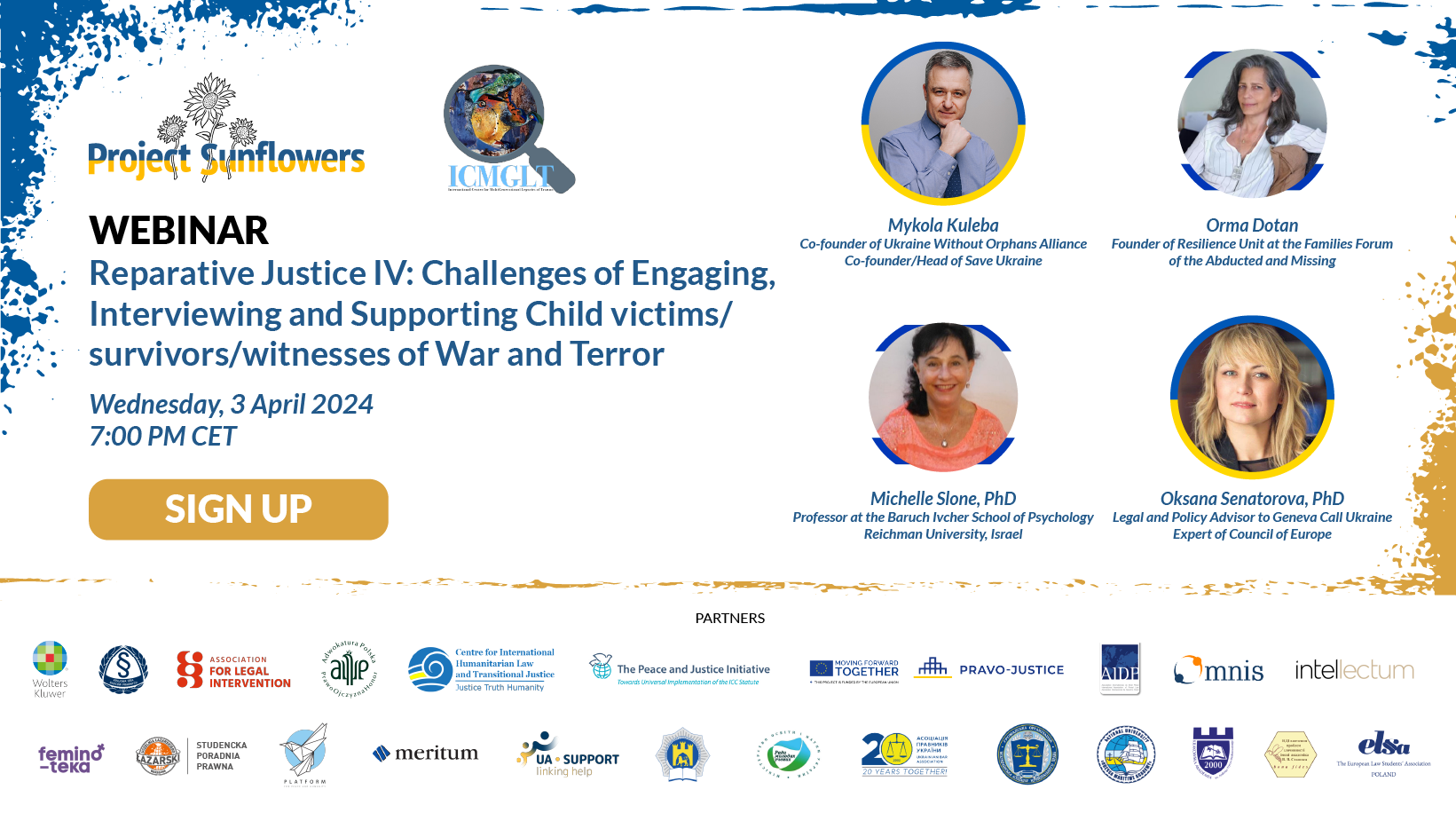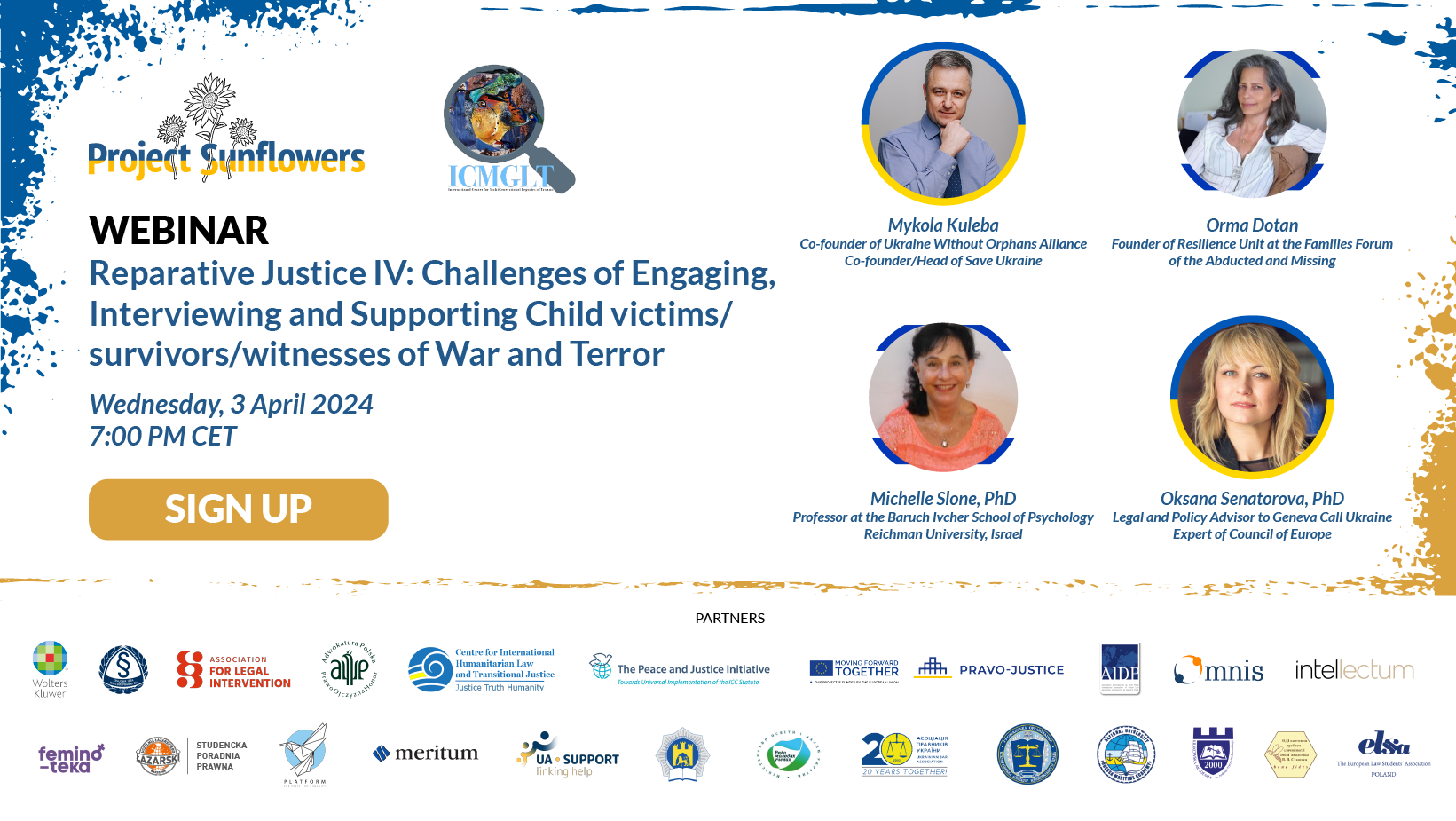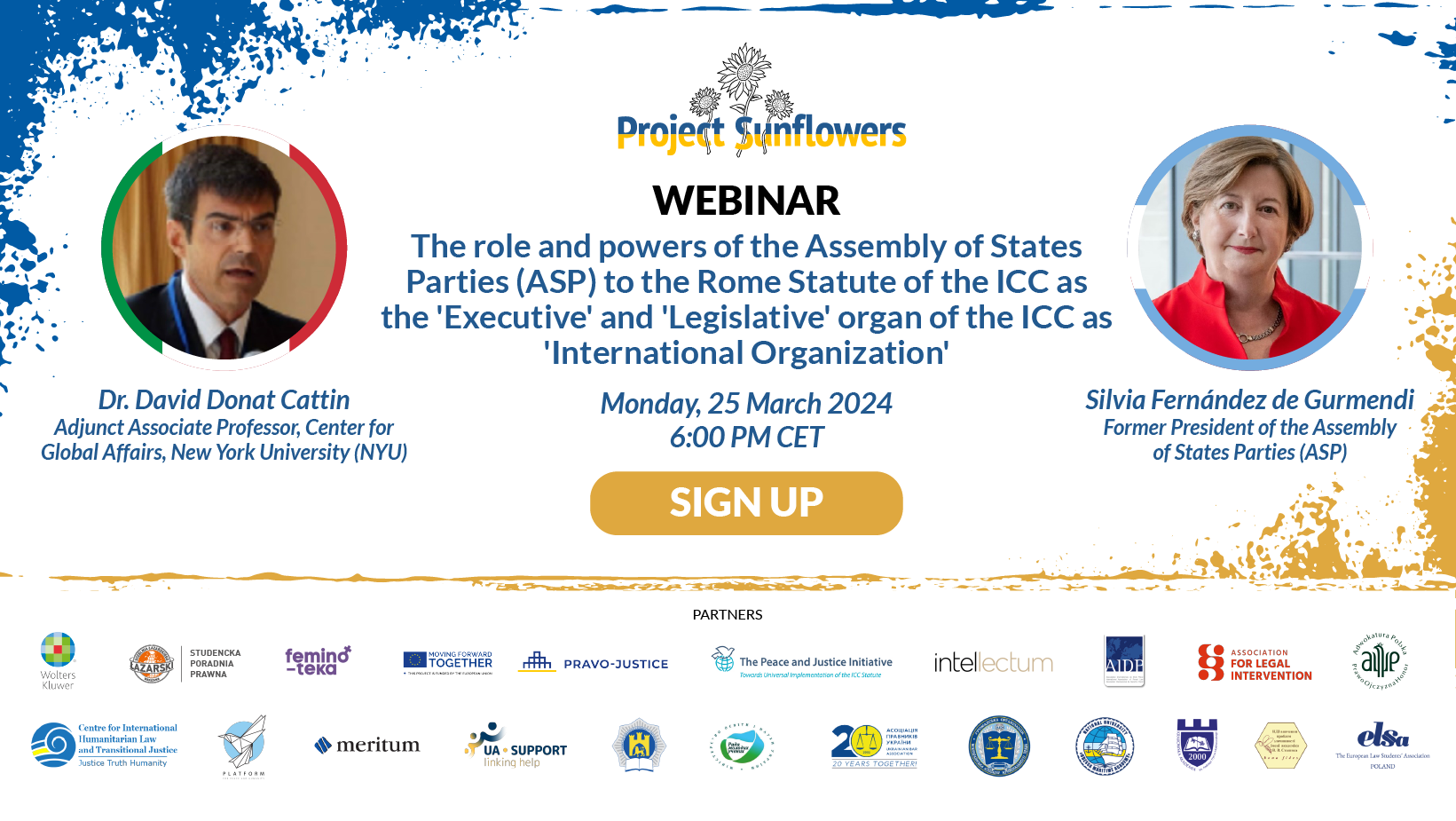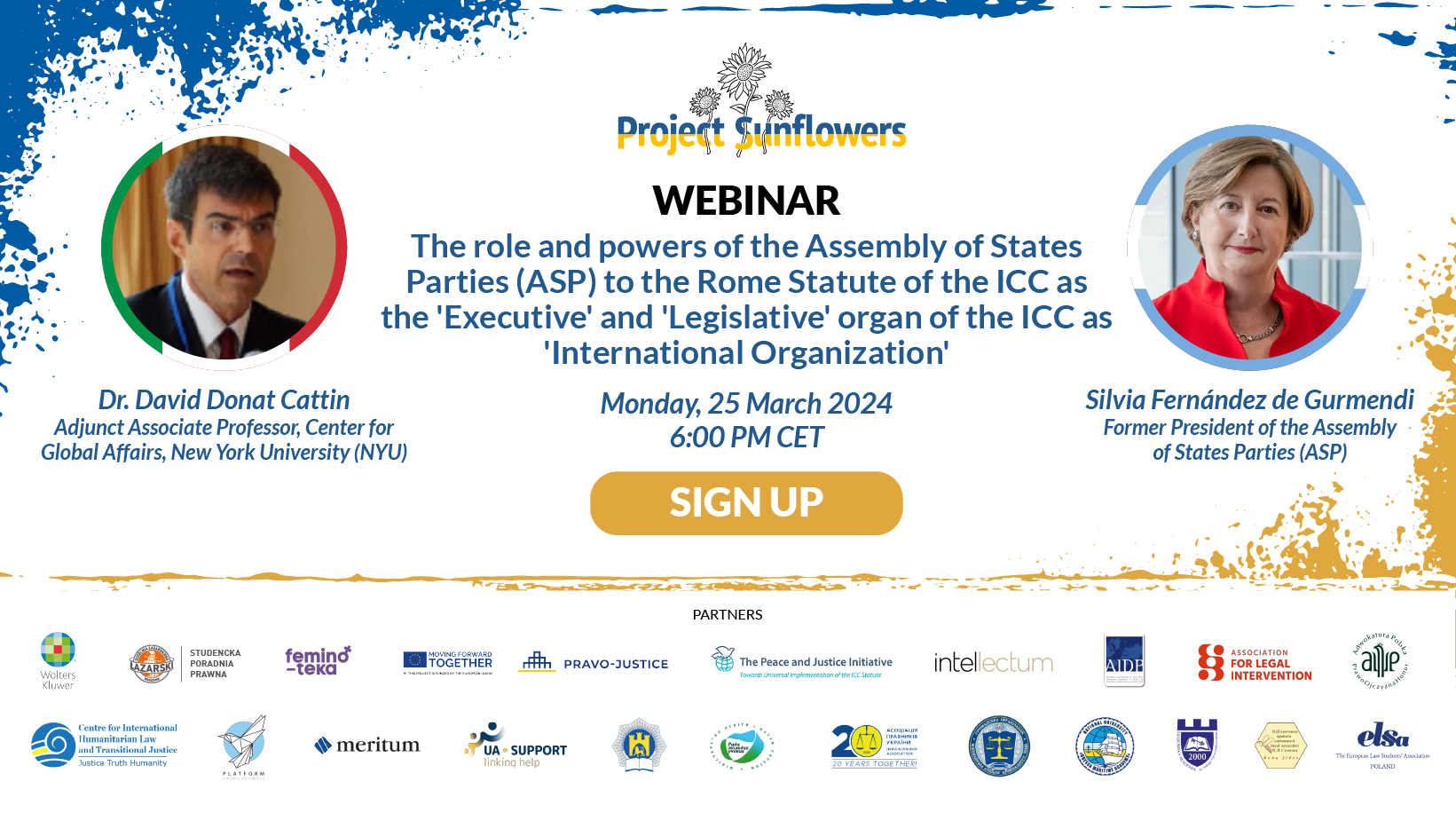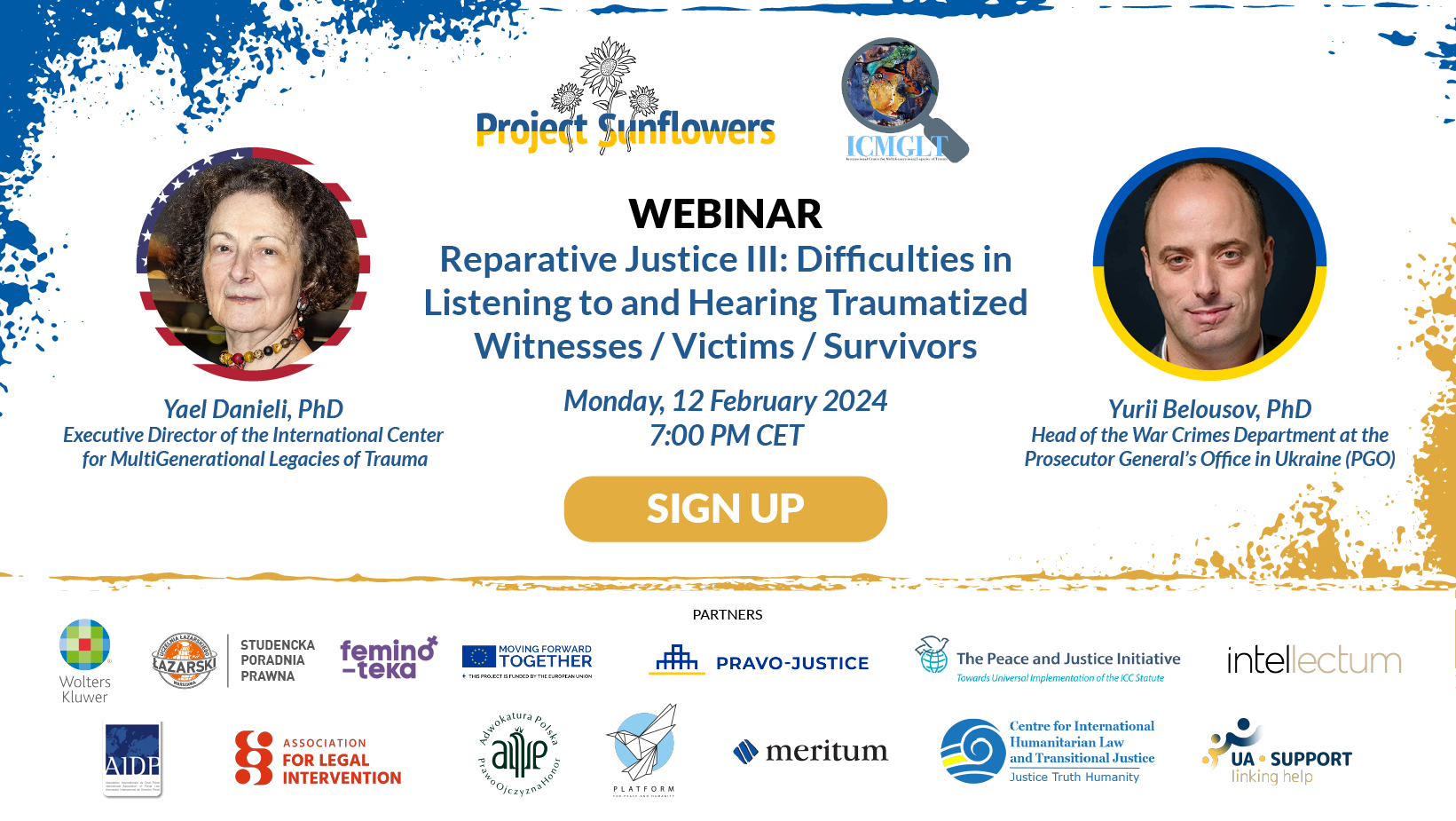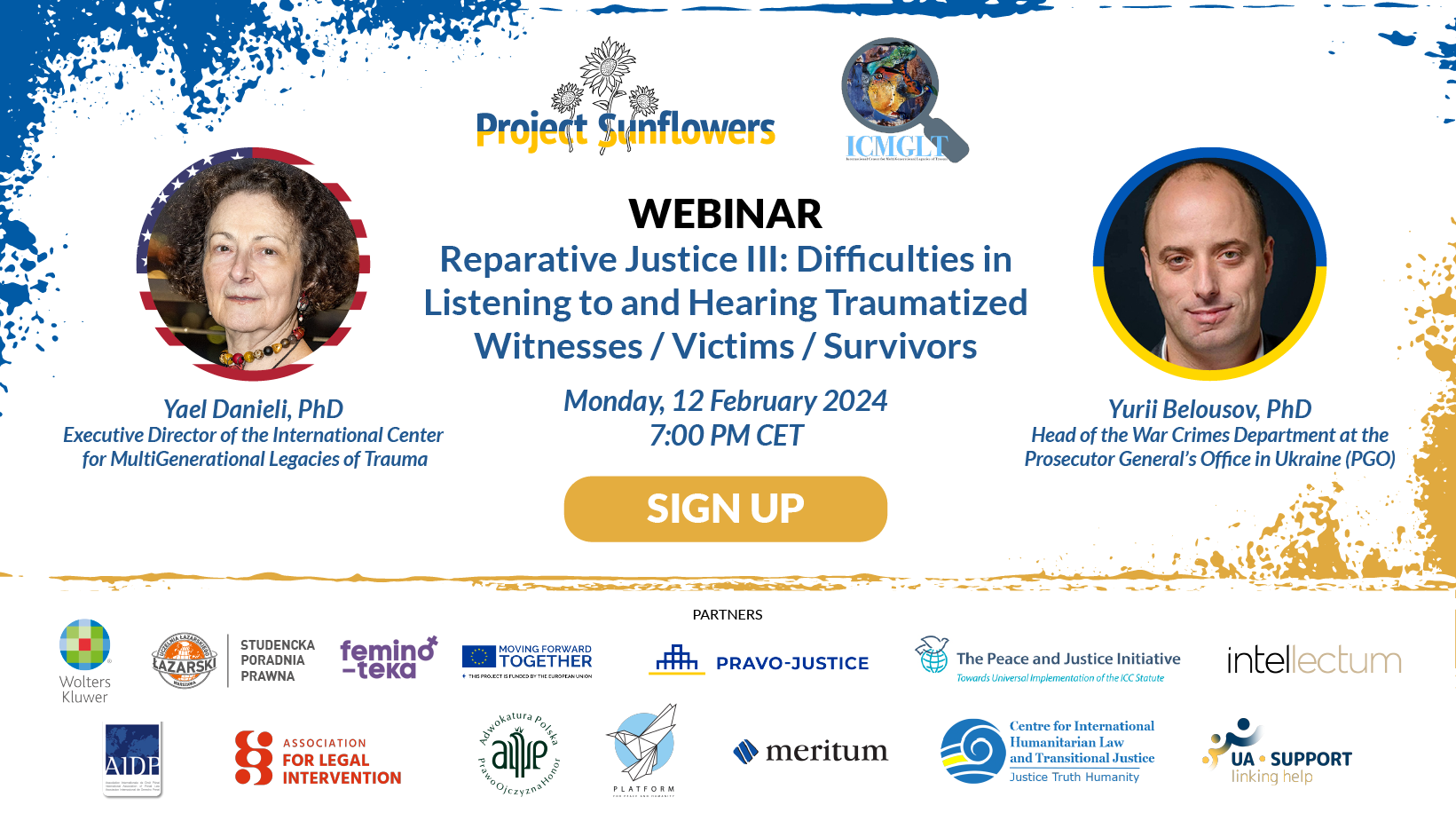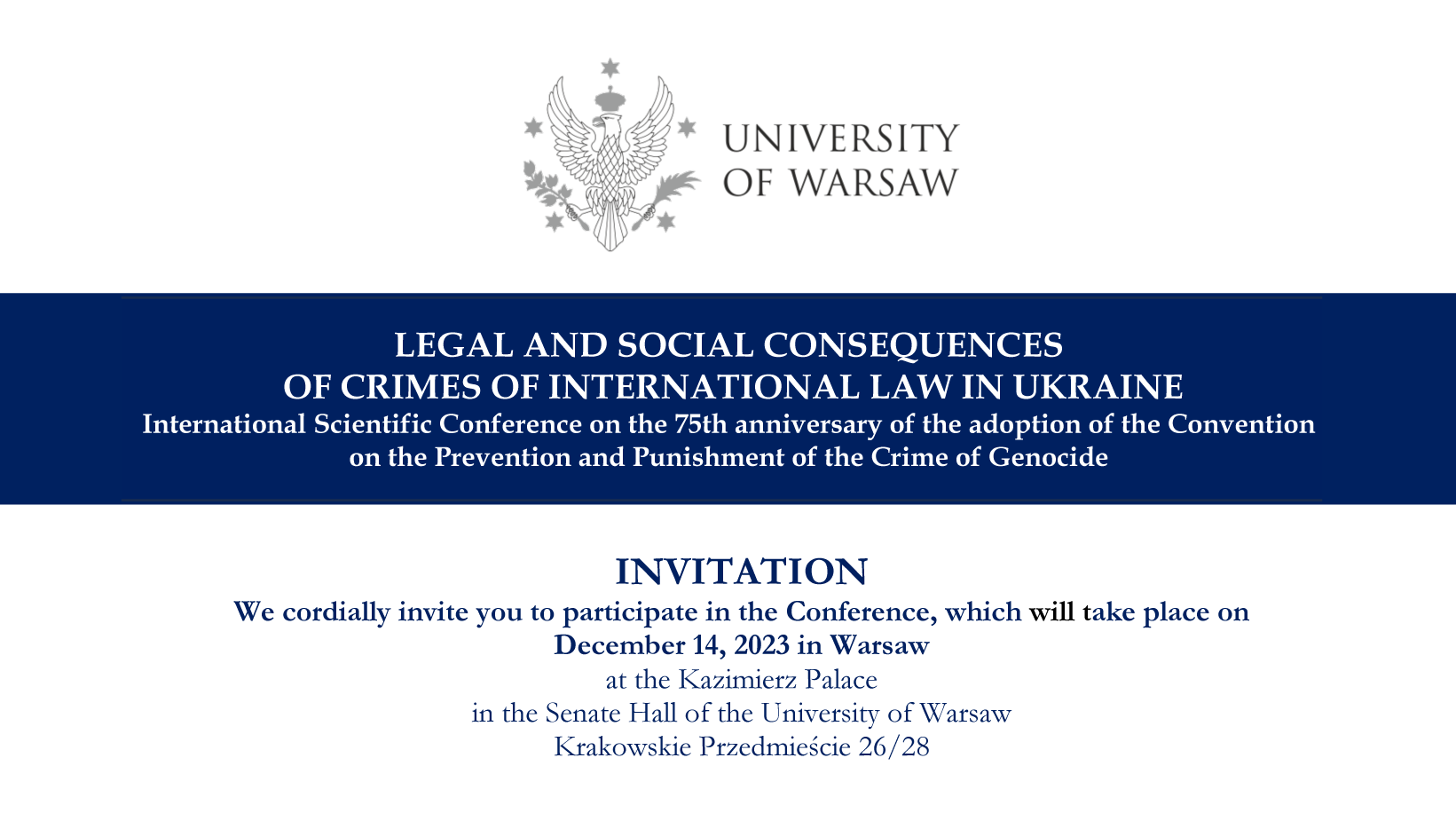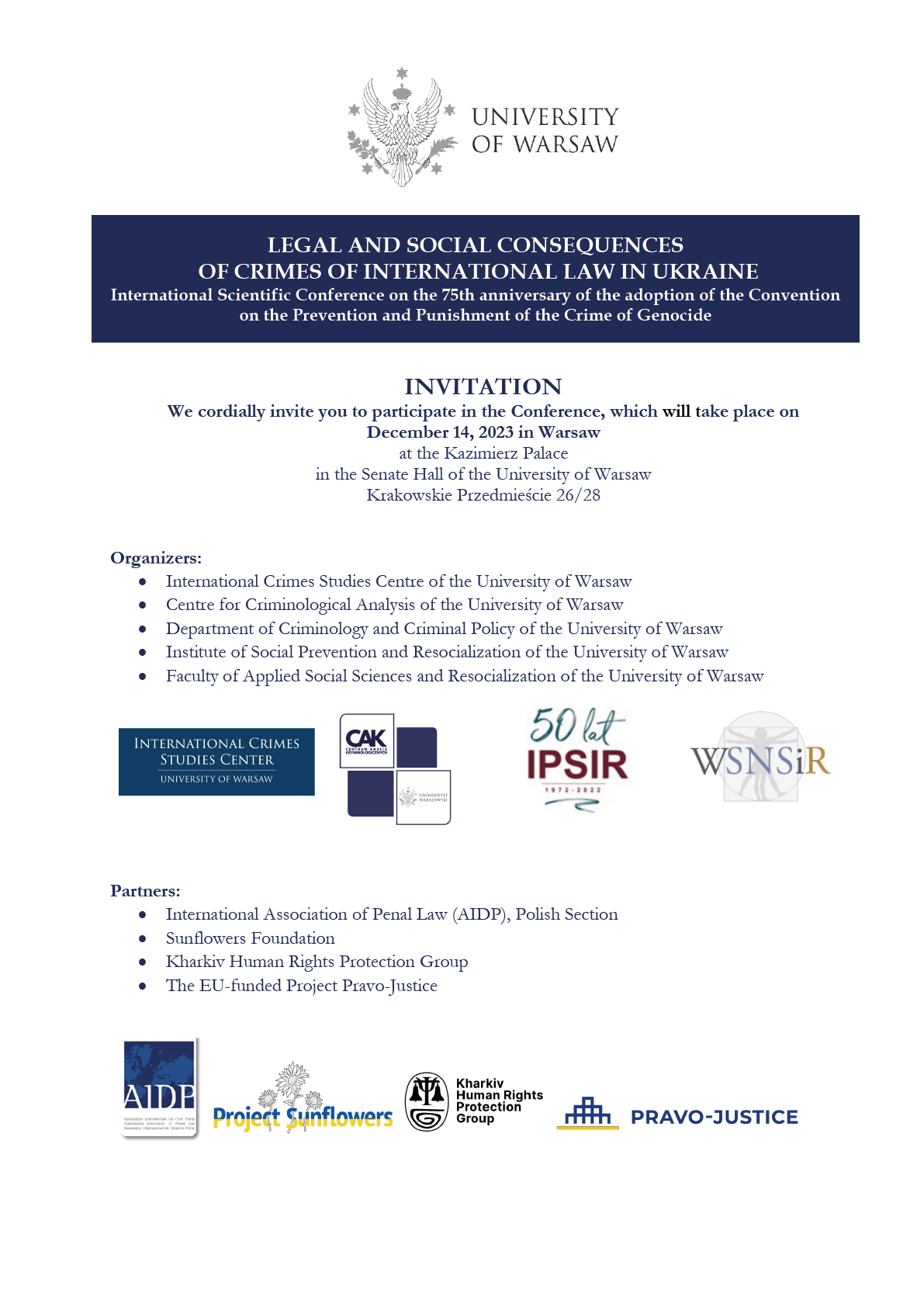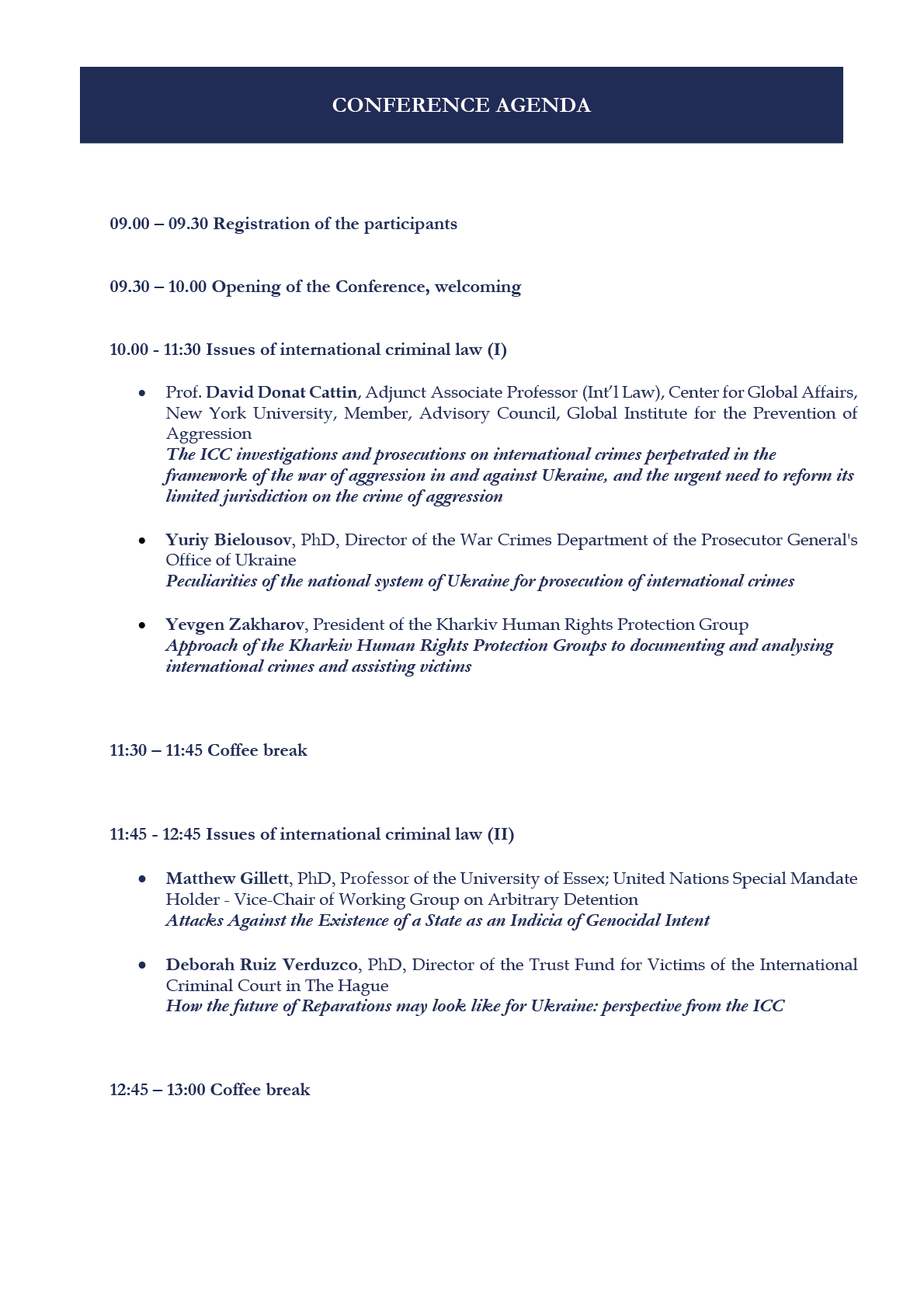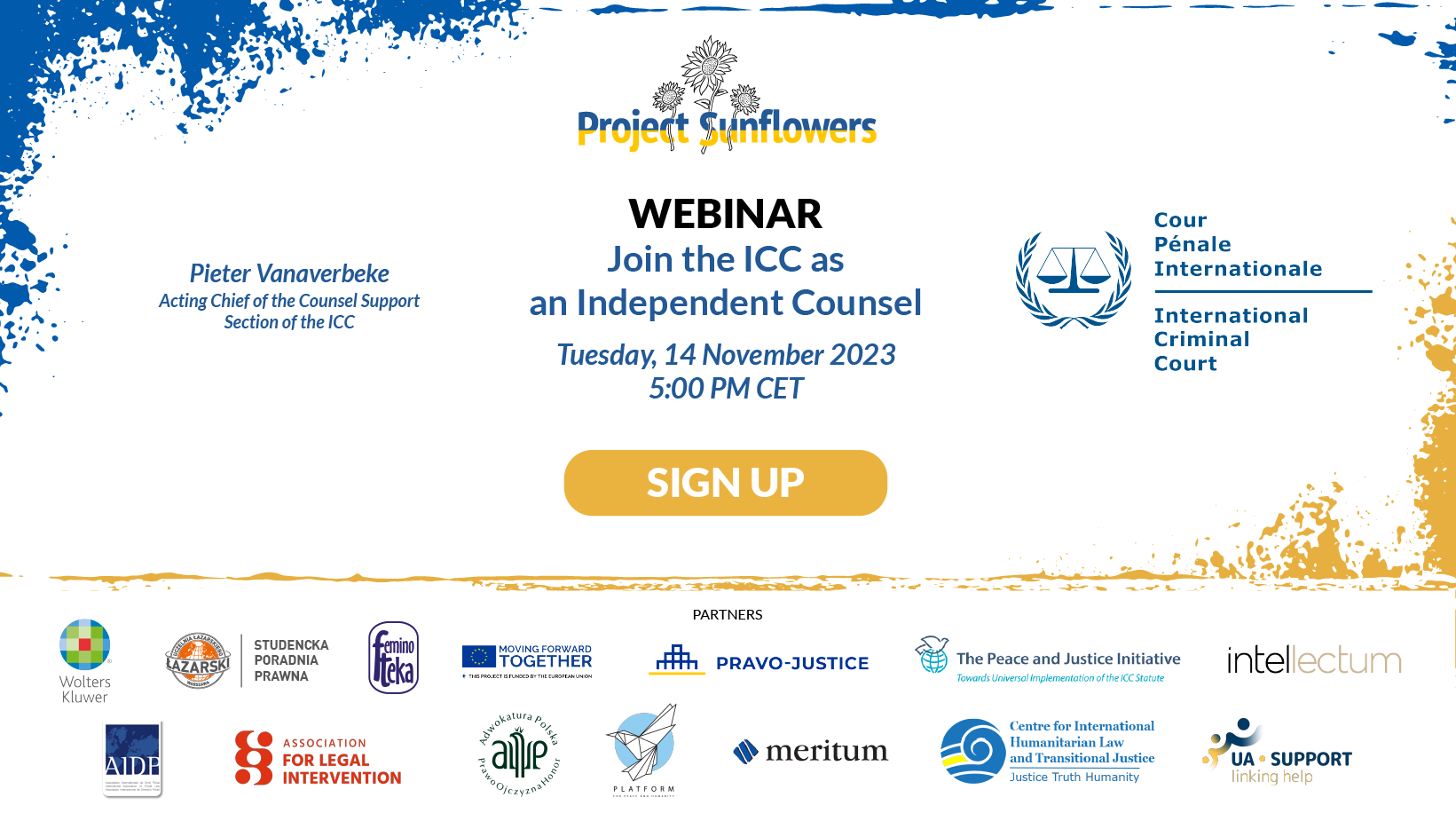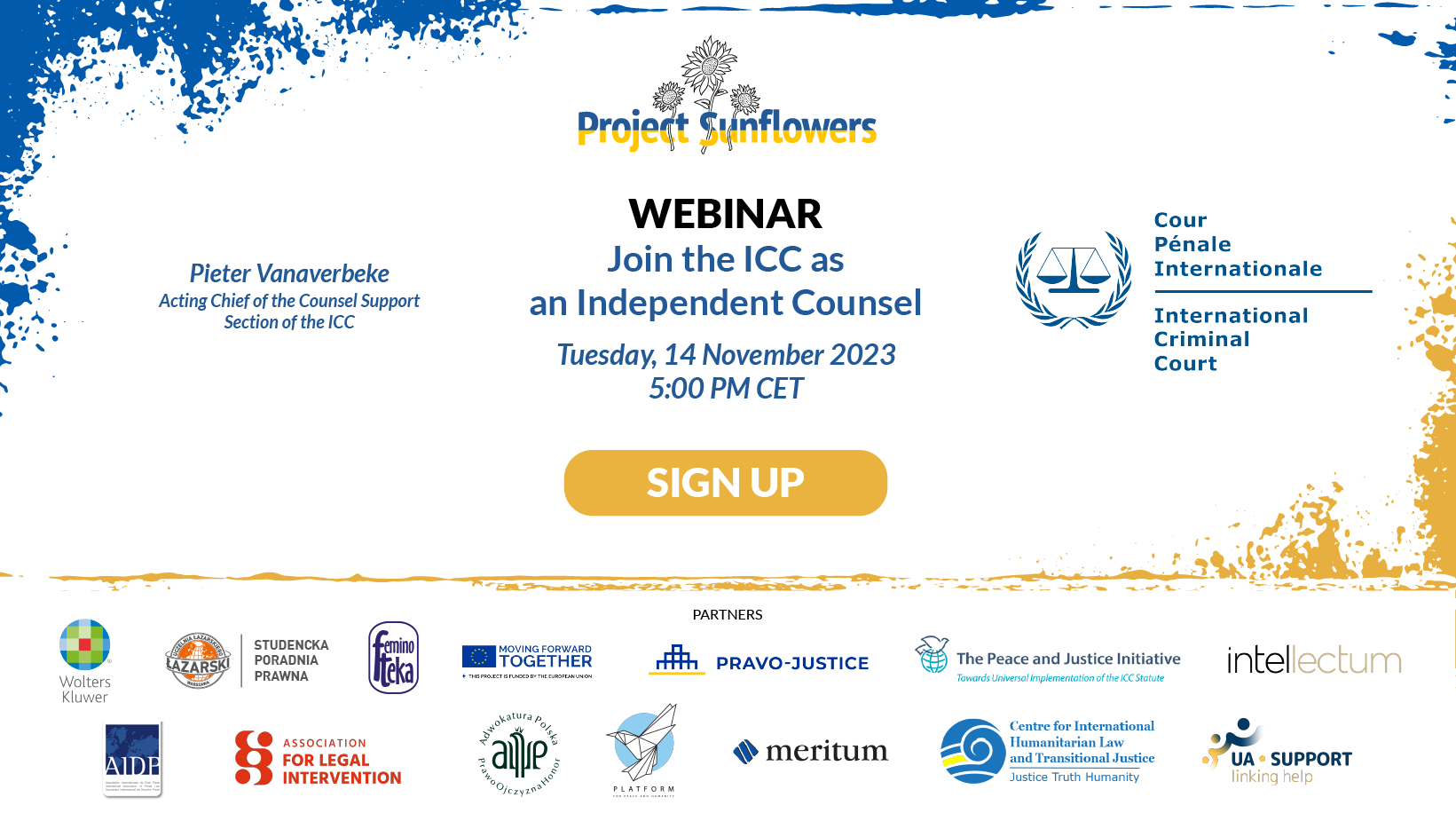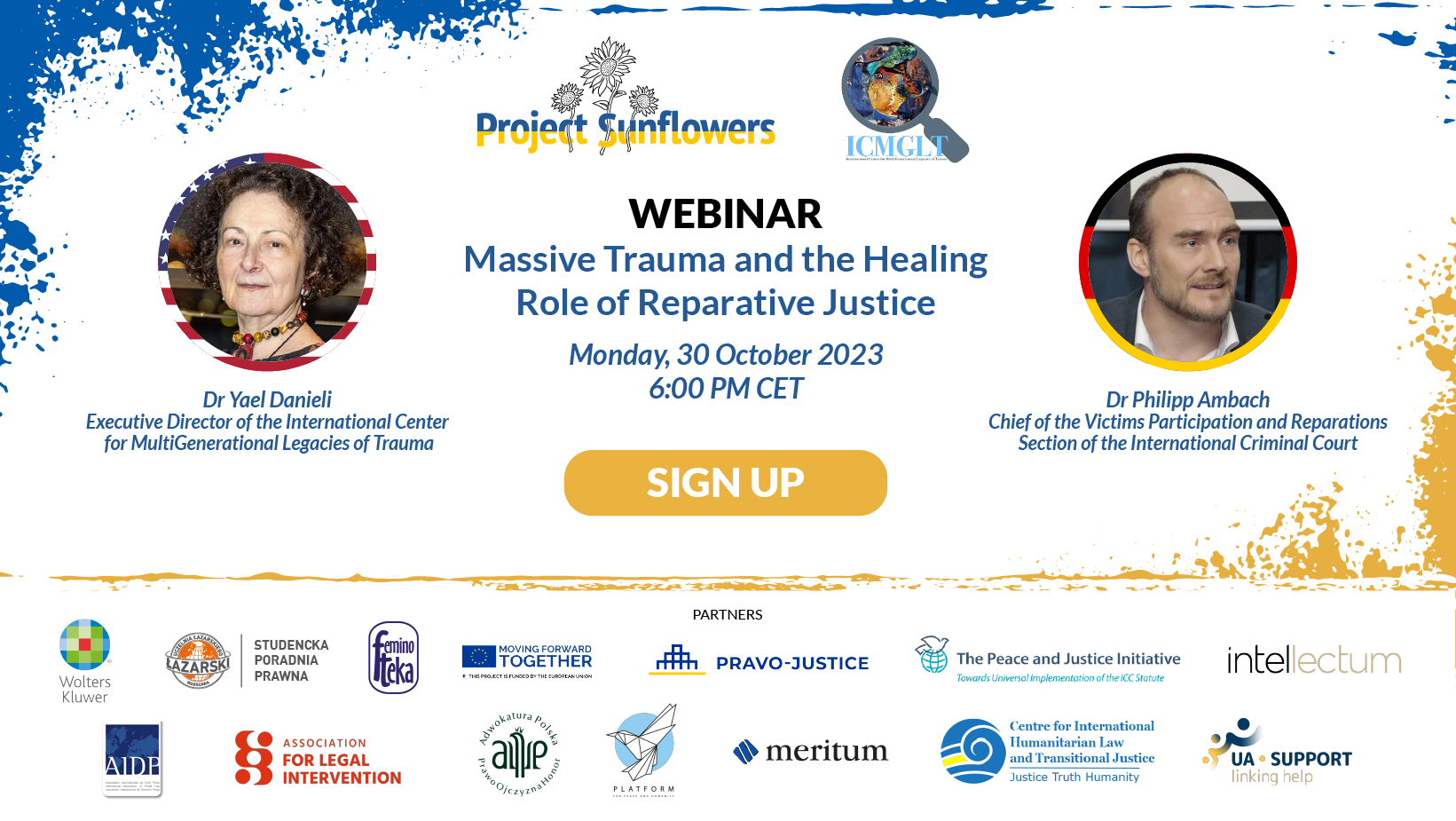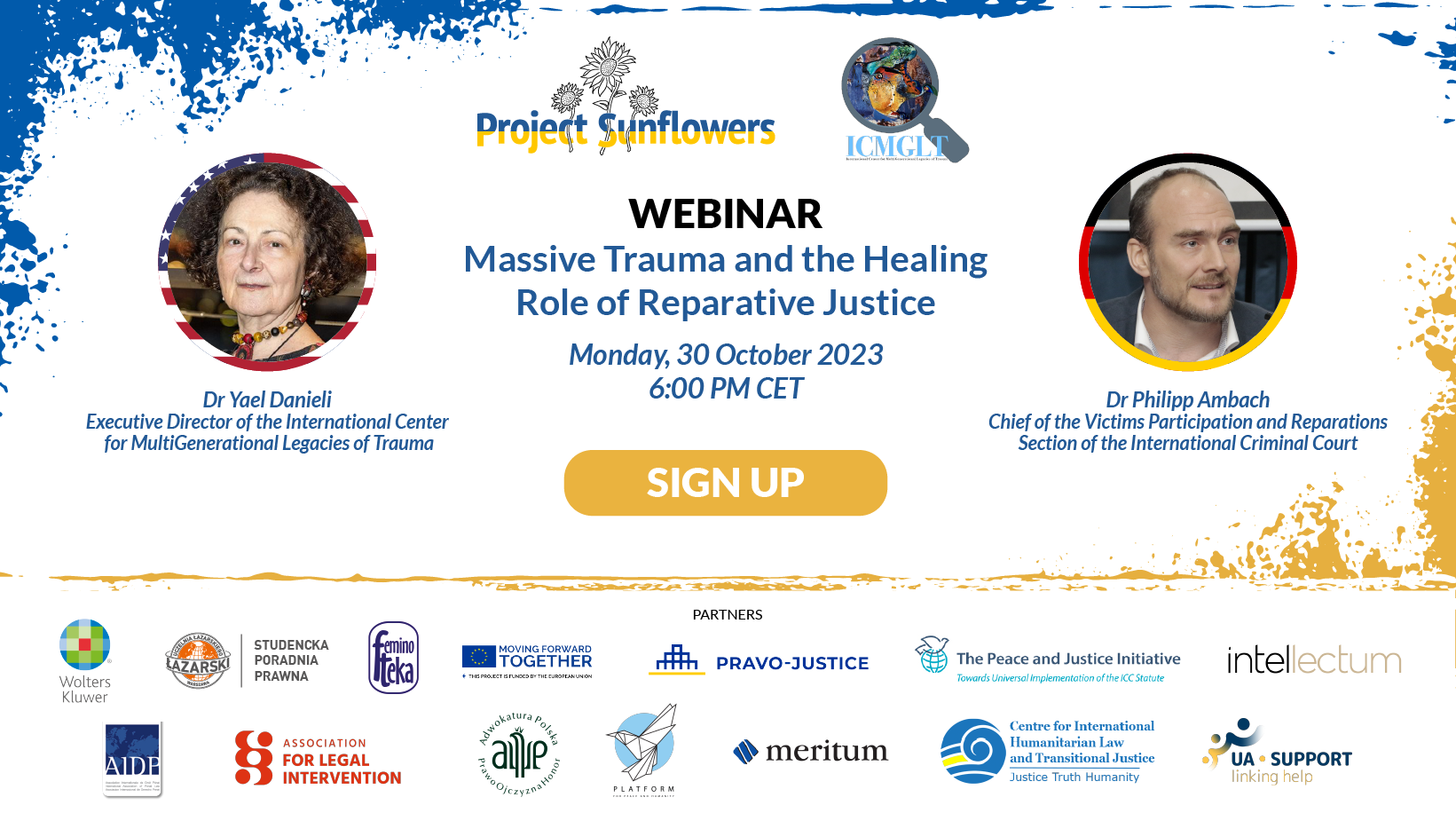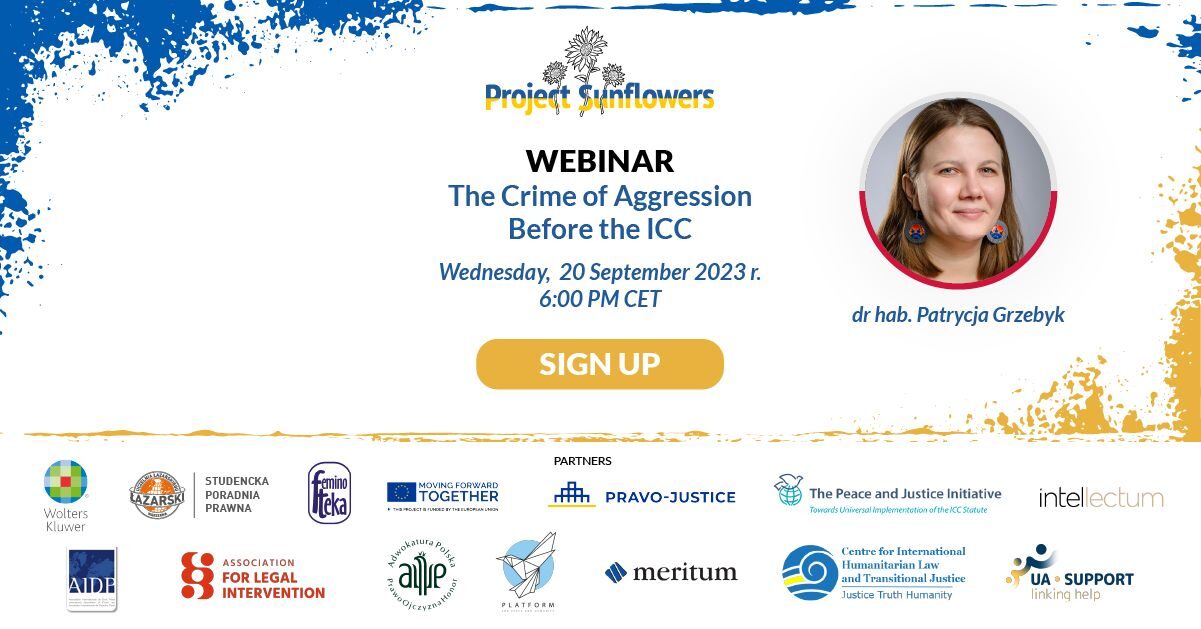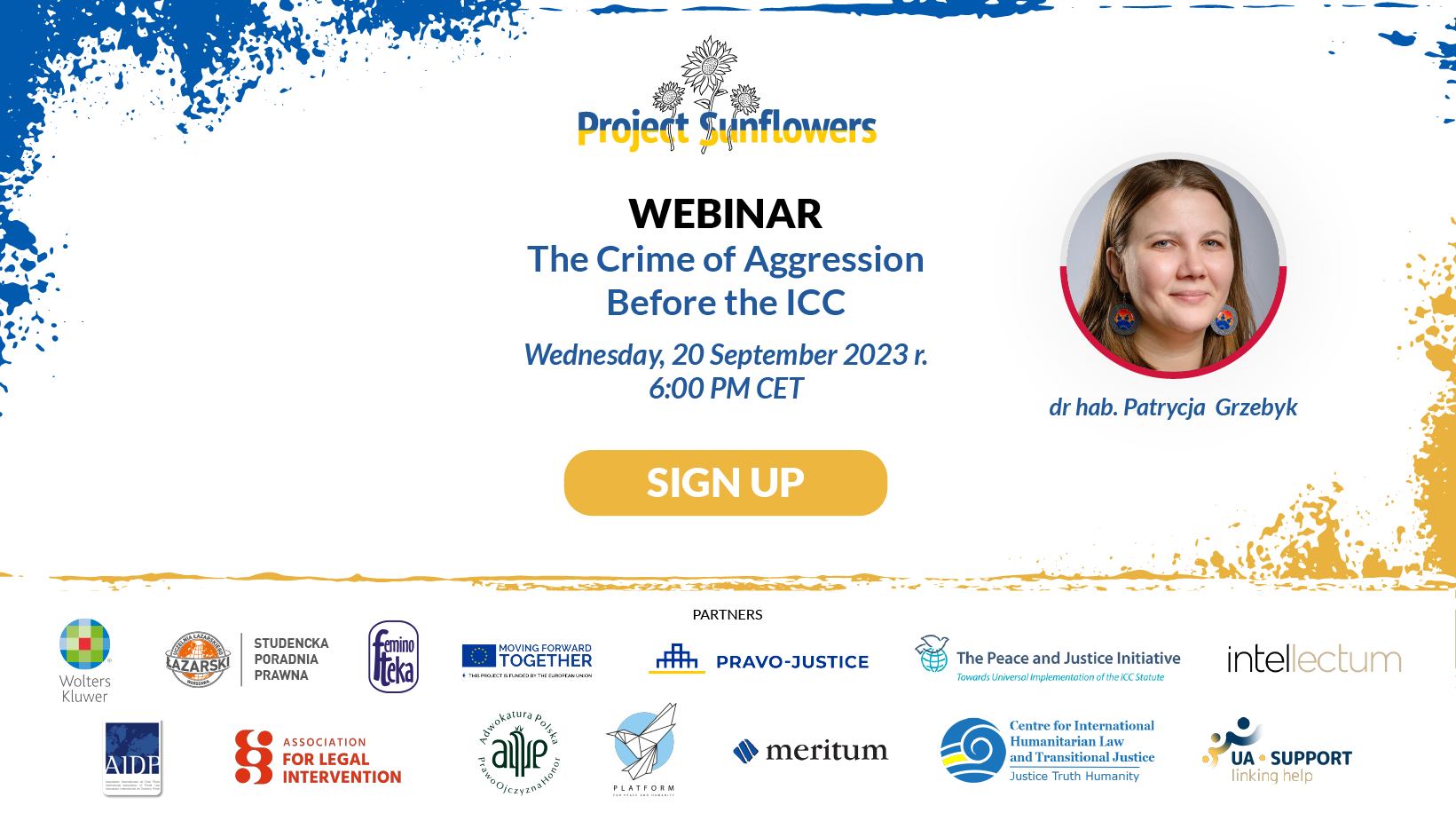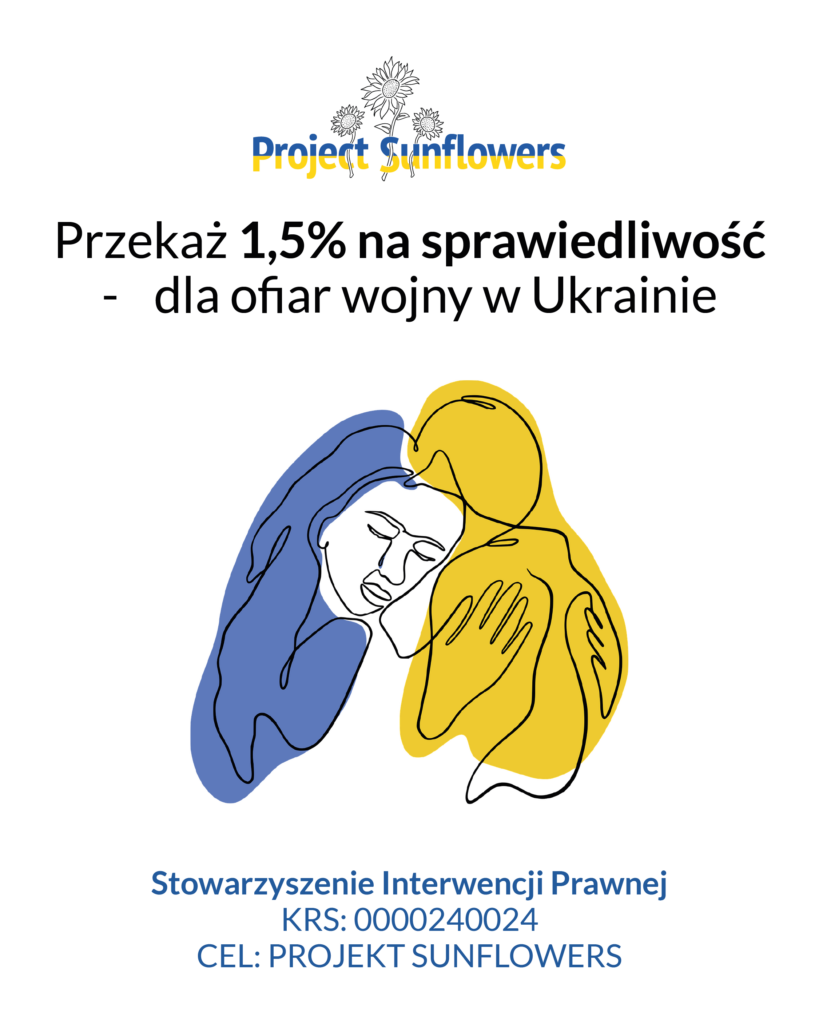Державний імунітет та імунітети державних службовців у часи трансформації
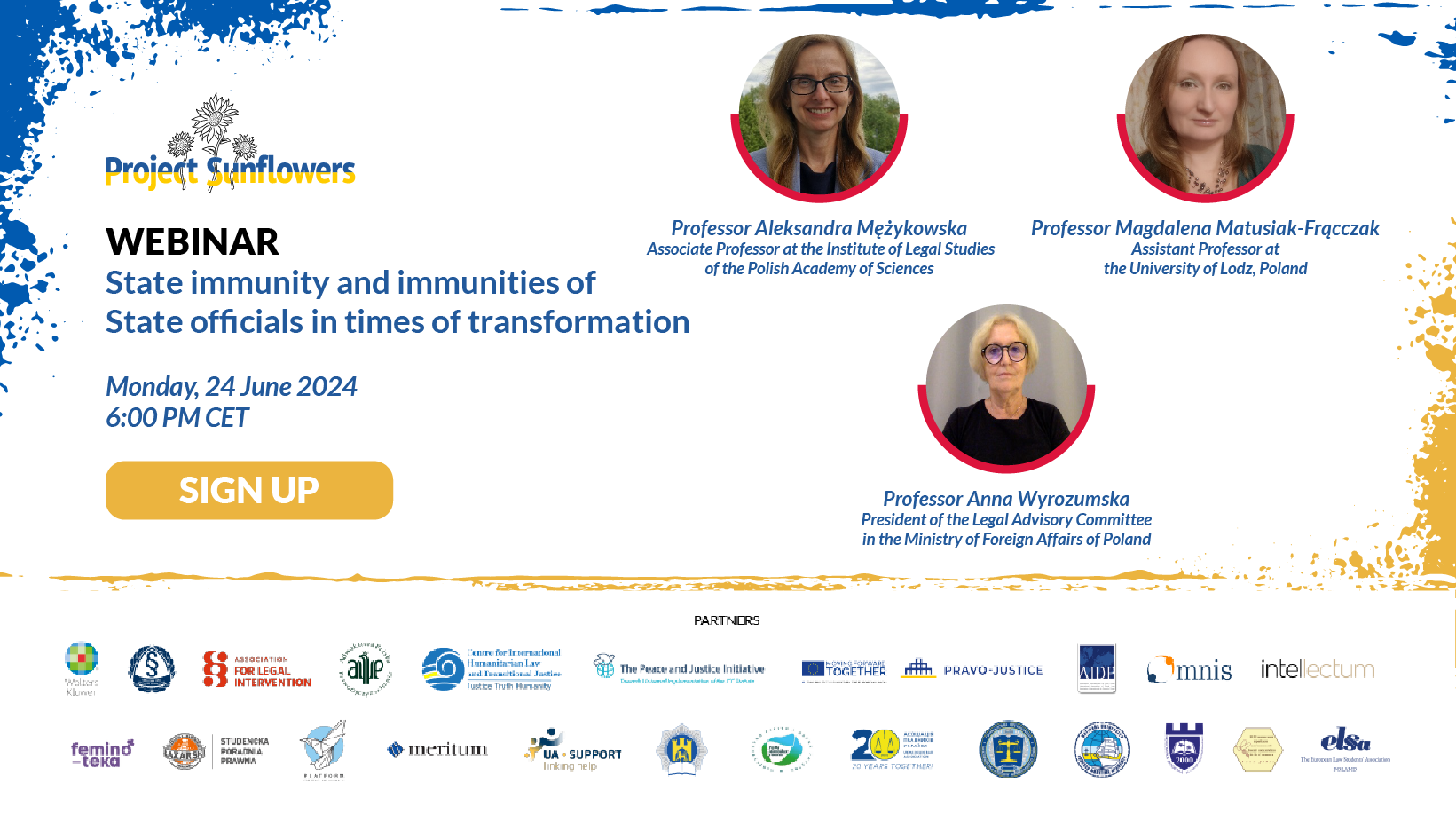
Приєднуйтесь до нас, віртуально, 24 червня 2024 року, у понеділок, о 18:00 за центральноєвропейським часом, на вебінар на тему: «Державний імунітет та імунітети державних службовців у часи трансформації».
Тема буде представлена професором Анною Вирозумською, професором міжнародного права та права Європейського Союзу, Лодзького університету, Польща, а також президентом Юридичного консультативного комітету при Міністерстві закордонних справ, колишнім членом польської делегації на Римській конференції зі створення Міжнародного кримінального суду.
Другим спікером буде професор Магдалена Матусяк-Фрончак, доктор, адвокат, доцент (Лодзький університет, Польща), запрошений професор (Чандігархський університет, Індія).
Вебінар присвячений різним видам імунітетів, які випливають з міжнародного права та передбачають звільнення від юрисдикції або застосування державного права, тобто імунітетів, які надаються державам, особам або міжнародним організаціям. Імунітети надаються різним суб’єктам і мають різний обсяг та наслідки. Інститут імунітетів, зокрема державного імунітету, знаходить своє обґрунтування в основних принципах системи міжнародного права. Водночас імунітети встановлюють рамки взаємовідносин між державами при здійсненні юрисдикції. Сучасні зміни, такі як посилення позиції особи, зокрема захист її фундаментальних прав, або дедалі частіше втручання держави у приватноправові відносини, роблять тему цього дослідження однією з найбільш обговорюваних у доктрині міжнародного права. У зв’язку з цим виникає питання, якою мірою імунітети повинні залишатися непорушними в інтересах підтримання міжнародного порядку та забезпечення ефективного функціонування держави в міжнародних відносинах, і якою мірою вони повинні бути обмежені, наприклад, в інтересах захисту особи, в тому числі захисту її основоположних прав.
Модератором зустрічі буде професор Олександра Менжиковська, яка є доцентом Інституту правових досліджень Польської академії наук, а також членом правління Реєстру збитків, завданих агресією Російської Федерації проти України та експертом з правових питань Міністерства закордонних справ.
Вебінар буде проводитись англійською мовою.
Вебінар є спільним заходом проєкту «Соняшники» та проєкту ЄС «Право-Justice».
